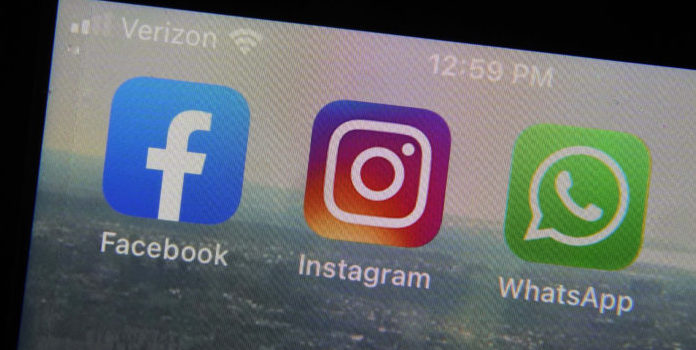(Ezekiel Loseke, Headline USA) In a rare bipartisan effort, Red and Blue states have produced significant legislation to reign in social media over the past year for different reasons.
Politico reported that lawmakers from both Democrat- and Republican-leaning states have passed or introduced more than 100 bills to regulate social media companies.
Three states — Florida, Texas and New York — have passed bills, while 34 states currently have active legislation pending.
While the push for regulation runs the spectrum of states, that’s were the similarities end. The goals for regulation differ along partisan lines, according to Politico.
Broadly speaking, red states seek to prohibit social media companies from censoring users’ content to protect free speech. Two examples of this kind of law exist in Florida and Texas. Both laws have faced significant legal barriers.
Broadly speaking, blue states seek to require social media outlets to enable users to report “hate speech” and “misinformation.” An example of the blue state model may be seen in the law passed by New York.
Both Republicans and Democrats in California and Minnesota have introduced bills to regulate the use of addictive content.
The attempt by many states to regulate the internet has experts screeching about the need for uniformity, according to Politico.
“You cannot have a state-by-state internet,” argued Jeff Kosseff, a professor at The U.S. Naval Academy.
“When you step back and look at the possibility of having 50 different state laws on content moderation — some of which might differ or might conflict — that becomes a complete disaster.”
The attempt to regulate social media companies is not unchallenged by the industry. Big Tech, including social media, has given extravagant donations to members of Congress and been seen rubbing elbows in the wings of Congress.

